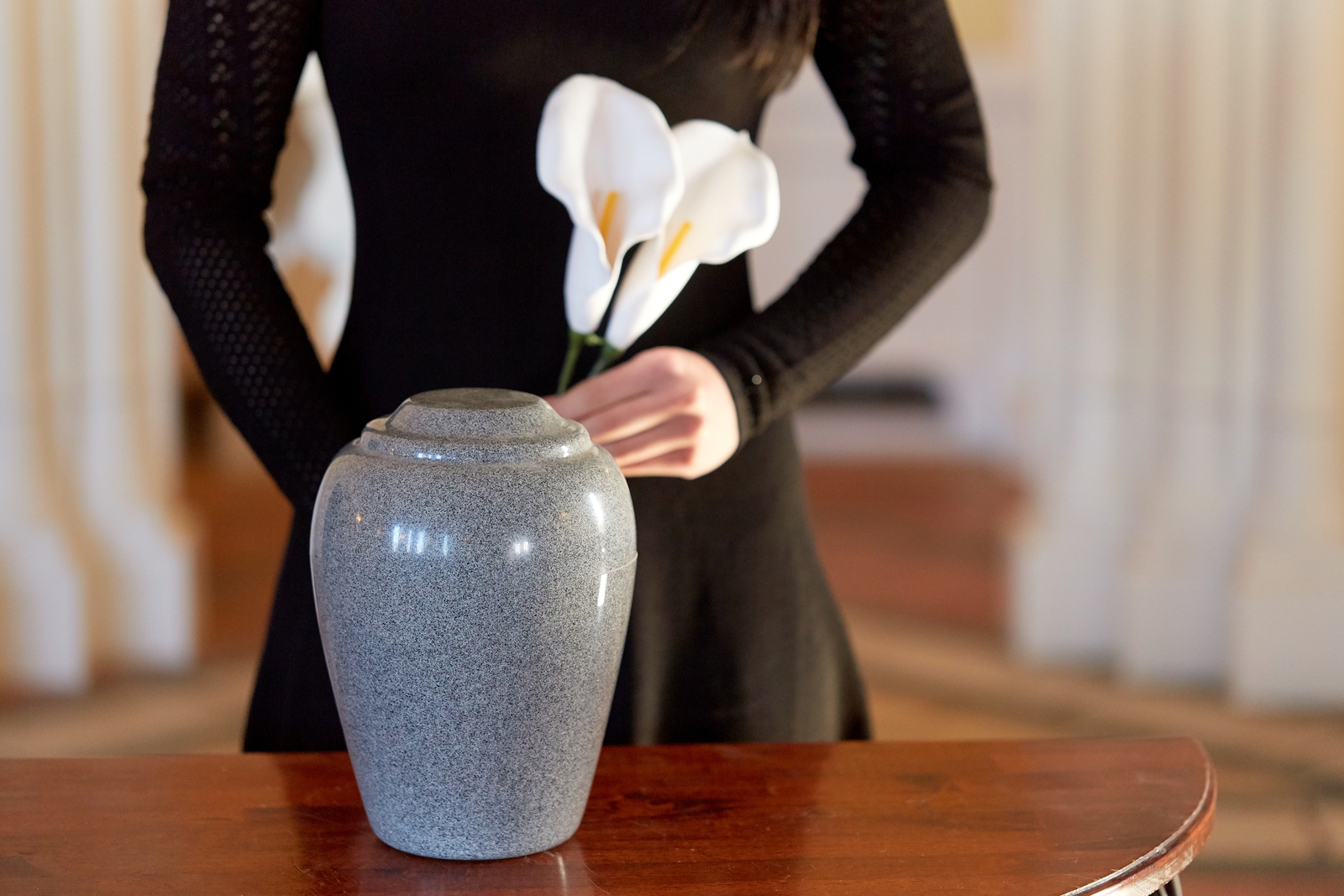The grief and bereavement process can be very complex and convoluted. Complicated feelings and emotions arise when someone loses a loved one and it’s understandable that questions arise. What is grief? How long will my grief last? How can I help a grieving friend or family member? Will bereavement counseling help me process grief? These are all questions that come up pertaining to grief and loss. During the grieving process, emotions can be overwhelming, but we’re here to breakdown the most frequently asked questions pertaining to bereavement and grief to give you peace of mind.
What is grief?
Grief is the internal feeling of loss that arises when someone we know passes away. It is how we feel in response to that loss. The processing of those emotions and feelings is the grieving process. Grief is a very individualized process and there are five stages that make up the framework of grief. The five stages of grief are denial, anger, bargaining, depression, and acceptance. These five stages all occur in different orders and intensities depending on the person. These stages do not occur on a linear timeline, rather they are a framework to help us process our feelings and emotions. It is important to remember that grief is individual and everyone will experience it differently.
What is the difference between mourning and grief?
Grief is the internal feelings that arise when we lose someone or something. Mourning is the external expression of those internal feelings and processes. It is the actions taken and spoken, whereas grief is all of the feelings that we keep inside.
How long will my grief last?
Unfortunately, there is no timetable on grief. Everyone experiences grief differently and work through the stages of grief at their own pace. Though society puts immense pressure on us to “get over” a loss, there is no deadline for your grief. How long should you grieve for a lost teenager? What about a spouse of thirty years? How about an infant? What is an “acceptable” amount of time for grief to last? There is no right answer. Grief lasts as long as it takes us to process our feelings and emotions. It can be weeks, months, or even years. The aftermath of losing a loved one can last a lifetime. What happens is we simply learn to accept that loss and continue living our lives.
Does everyone experience grief and bereavement the same way?
No. Grief is a very individual experience and varies person by person. While the five stages of grief are generalized, everyone experiences them differently. Some people are stuck in the denial phase, refusing to believe someone they love passed away, while others fly through the denial stage become angry and begin acting out. The feelings and emotions are as individual as the way people express them. It’s also important to remember that you should never compare your grieving process to anyone else. If you lost your mother, don’t compare your progress to a co-worker whose mother passed away around the same time. Even two siblings processing the loss of their mother will have different grieving processes. Your grief is as individual as your relationship with your mother was.
Do I need a bereavement counselor? Will it help?
It is important to remember that everyone deals with grief and loss differently. There is no wrong or right way to process grief, but sometimes we need a little help to cope with the overwhelming emotions. If you are experiencing loss of enjoyment, numbness to emotion, engaging in busy work, sudden behavioral changes or thoughts of hurting yourself, you should seek out a bereavement counselor. A bereavement counselor will help guide us through the stages of grief and help us process the intense emotions we are feeling. Through psychotherapy, journaling, immersing in nature, and even hypnosis, bereavement counselors will give us the support and tools necessary to work through grief.
Will I ever get over the loss of my loved one?
Grief is a healing process that helps us work through losing a loved-one. There is no specific start or end to our grief, rather it is the experience of working through our emotions and feelings. We won’t ever “get over” the loss of a loved one, what happens is that we learn to live with the loss. The hurt and emotion might always be there, we just learn to cope with it better and honor the person without experienced pain.
What can I do to speed up the grieving process?
Grief is a process and that means we need to work through it. There is no specific “thing” you can do to speed it up. Being open and honest with your feelings is one way to work through the process, but grief lasts as long as it lasts. While this won’t necessarily speed up the bereavement process, if you feel stuck, you can employ the help of a bereavement counselor to work through your emotions.
I have a friend in grief. How can I help them?
If you have a friend who is grieving, it is understandable that you want to help them. You might be worried about doing or saying the wrong thing, but offering them comfort or support is always appreciated. There are several ways to be there for a friend, including attending the memorial service and or funeral, helping out with chores like mowing the grass or taking out the trash and sending them a thoughtful condolence note or sympathy gift. Sympathy gifts are a great way to provide tangible comfort and support during a trying time. To find the perfect sympathy gift, see what The Comfort Company has to offer. The Comfort Company offers high-quality and touching sympathy gifts for friends and family, with personalization options as well.

